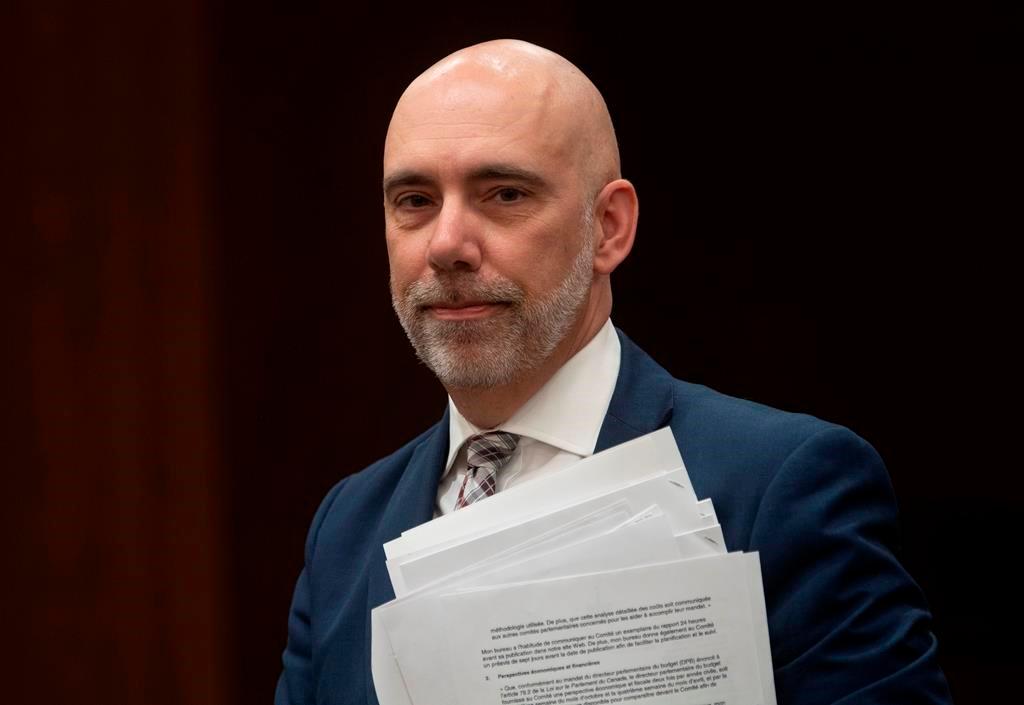OTTAWA—Parliament’s budget watchdog is raising red flags over the lack of details in the Liberal government’s $100-billion stimulus plan, suggesting Finance Minister Chrystia Freeland’s phone is likely “ringing off the hook” from lobbyists wanting a piece of the action.
Freeland presented last month what the Liberals have described as a plan to help recover from the COVID-19 pandemic by opening the spending taps over the next three years to build a greener and more inclusive economy.





